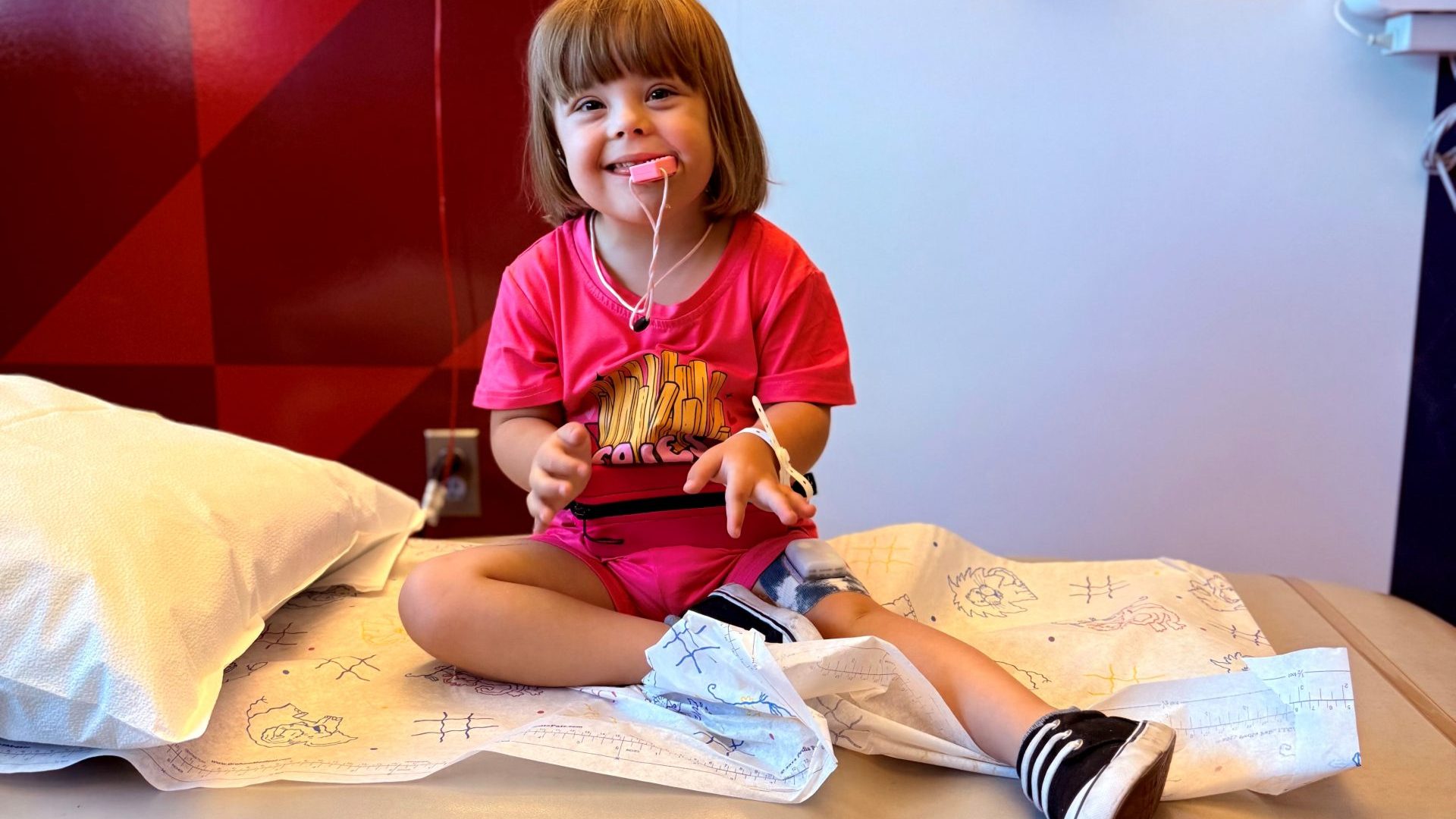Two weeks ago, we found ourselves walking into yet another specialist’s office—this time, hematology. During a routine blood draw, Kay’s labs came back with a slightly elevated platelet count of 658. Given everything Kay already manages daily with Type 1 Diabetes—the finger pokes, the CGM changes, the insulin dosing—her pediatrician made a compassionate decision. Rather than sending us for repeat labs at a general lab facility, where Kay would have to endure more pokes and more stress, she referred us directly to a hematologist. It was one less step, and one less trauma, for Kay.
At our first appointment, the hematology team was kind and efficient. They were able to draw blood right in the room, and within 15 minutes, we had results. But the results were unexpected—and alarming. Kay’s platelet count had dropped dramatically to 71. The hematologist calmly told me not to panic (easier said than done) and explained that while the number was low, we’d need to repeat the draw in two weeks before jumping to conclusions.
Thursday was that follow-up appointment.
This time, Kay’s platelet count was 510. Still slightly elevated, but significantly improved—and more importantly, no longer a concern.
Looking back, we think we may know what caused that scary dip last time. Kay has always struggled with blood draws (and who could blame her?). During the first visit, I had to hold her down by myself while a single phlebotomist tried to get the sample. The hematologist suspects that Kay’s movement may have caused some fluid to mix with the blood, which can alter the results and make the platelet count appear falsely low.
This time, we went in with a better plan. Two phlebotomists were available, and Tyler was able to come and help. Kay still fought it—she’s fiercely strong when she wants to be—but we had a better system in place to keep her steady, and thankfully, it worked.
We’ll go back in three months for a routine follow-up, but for now, the doctor isn’t concerned. And honestly, that’s the best news we could ask for.
Kay continues to amaze me with her strength and resilience. These kinds of visits are never easy, but she shows up, every time. We’re learning as we go, finding ways to advocate for her while making the process just a little more bearable.
We’re grateful for thoughtful providers, gentle hands, and small victories. And most of all, we’re grateful for Kay.



